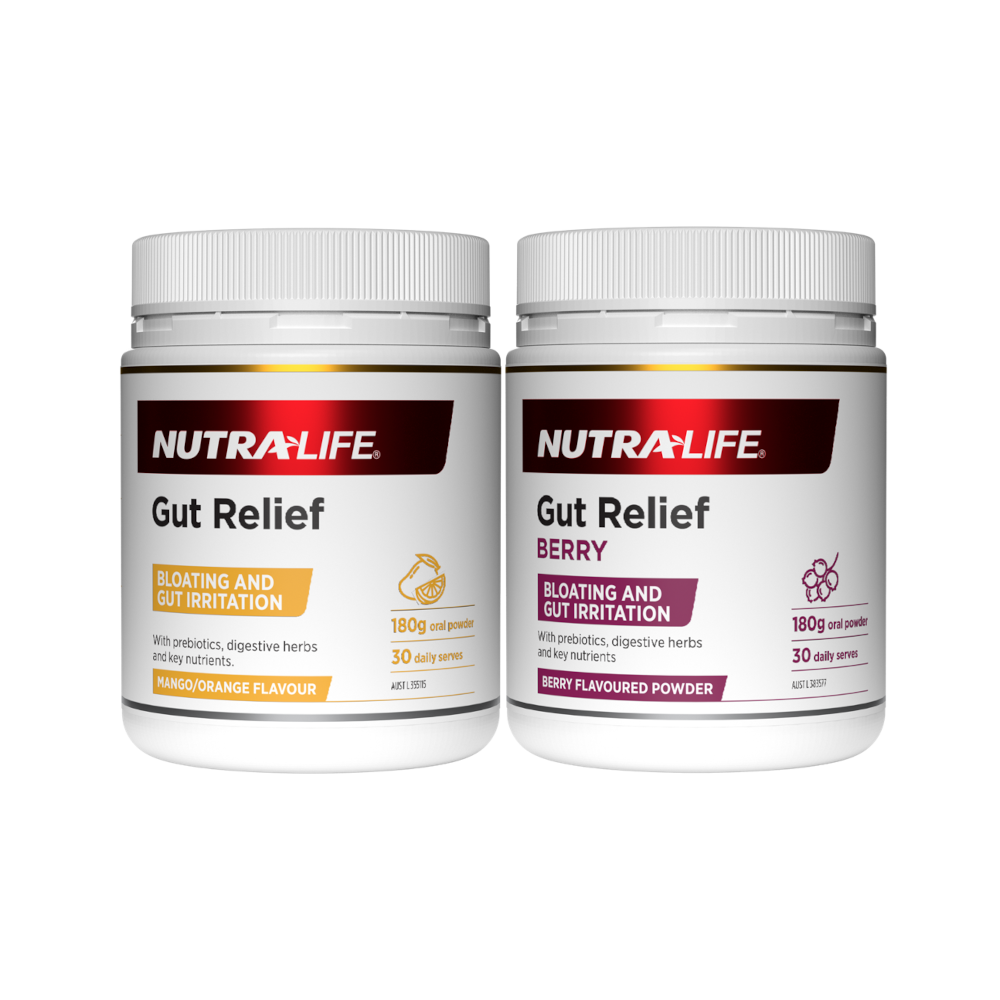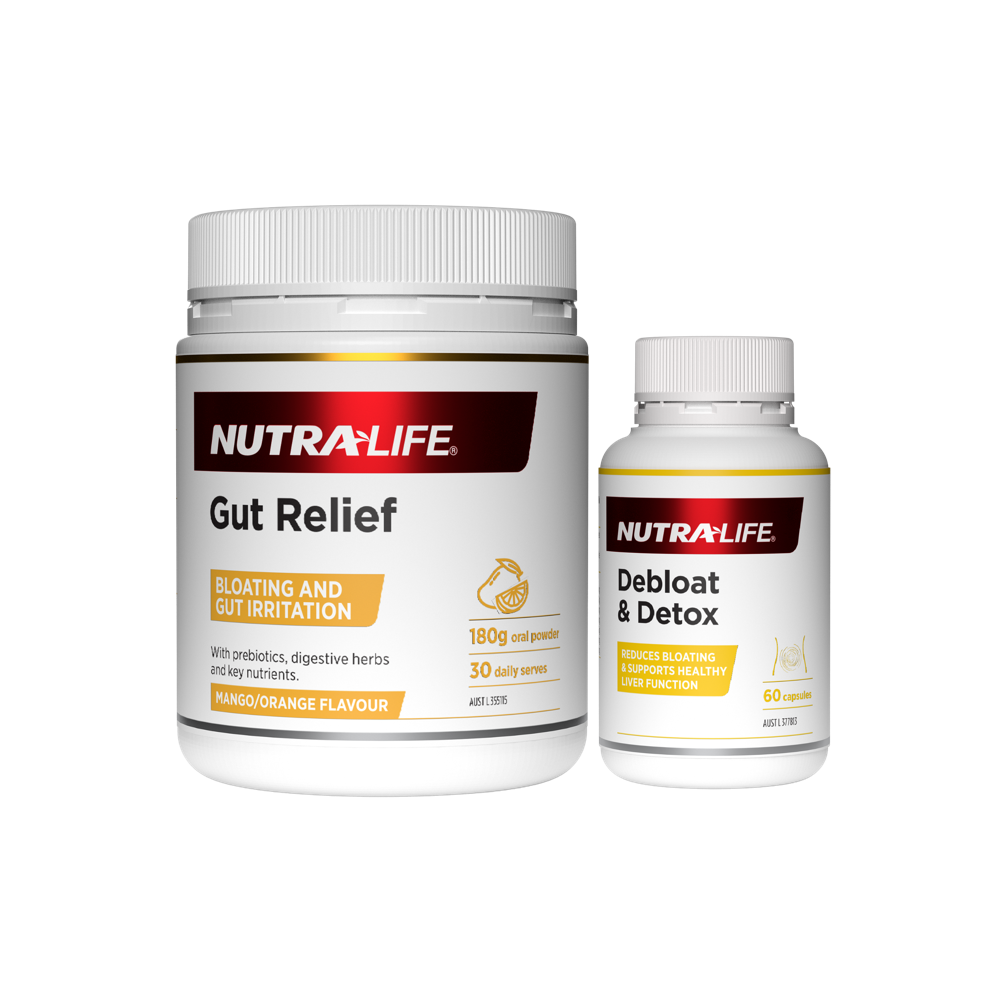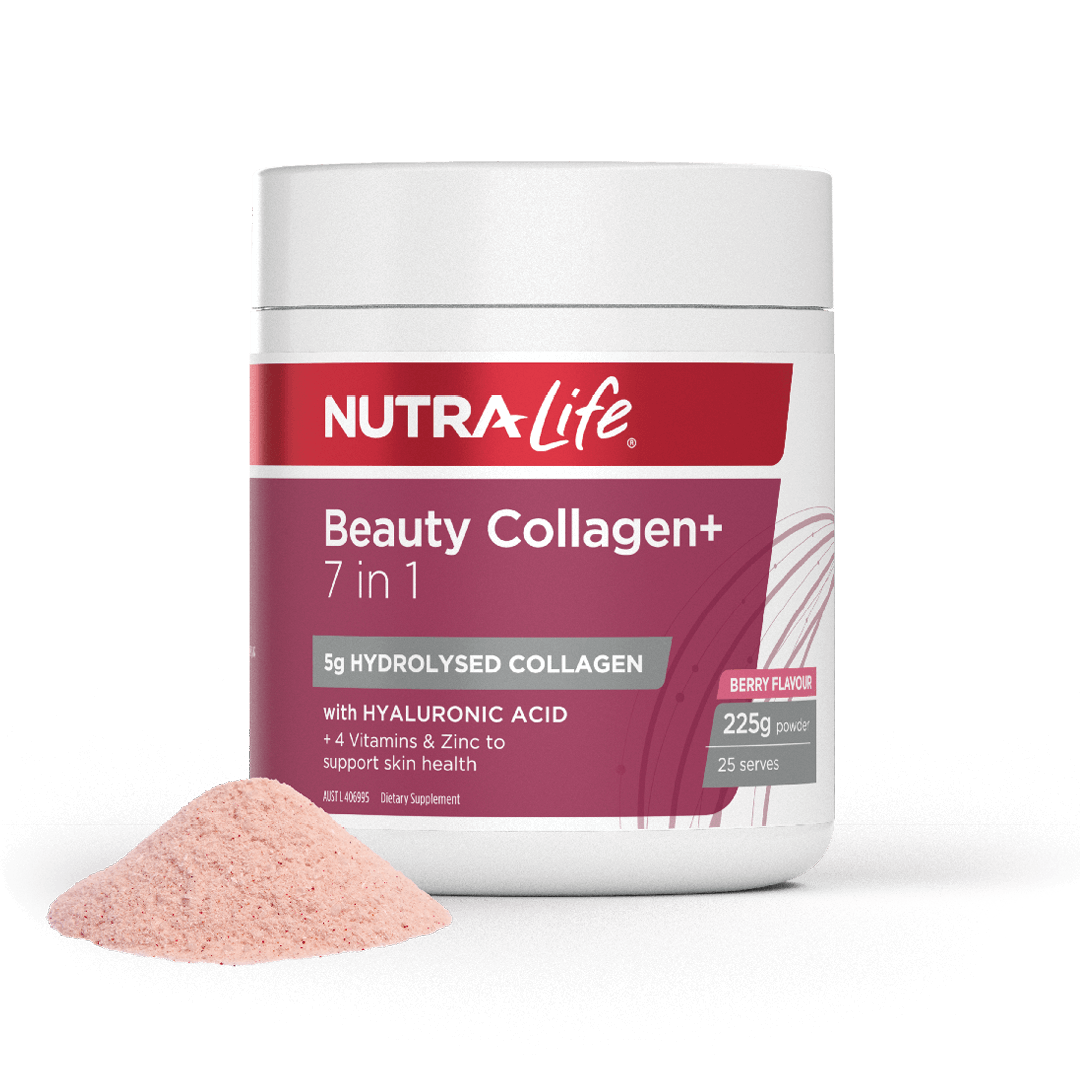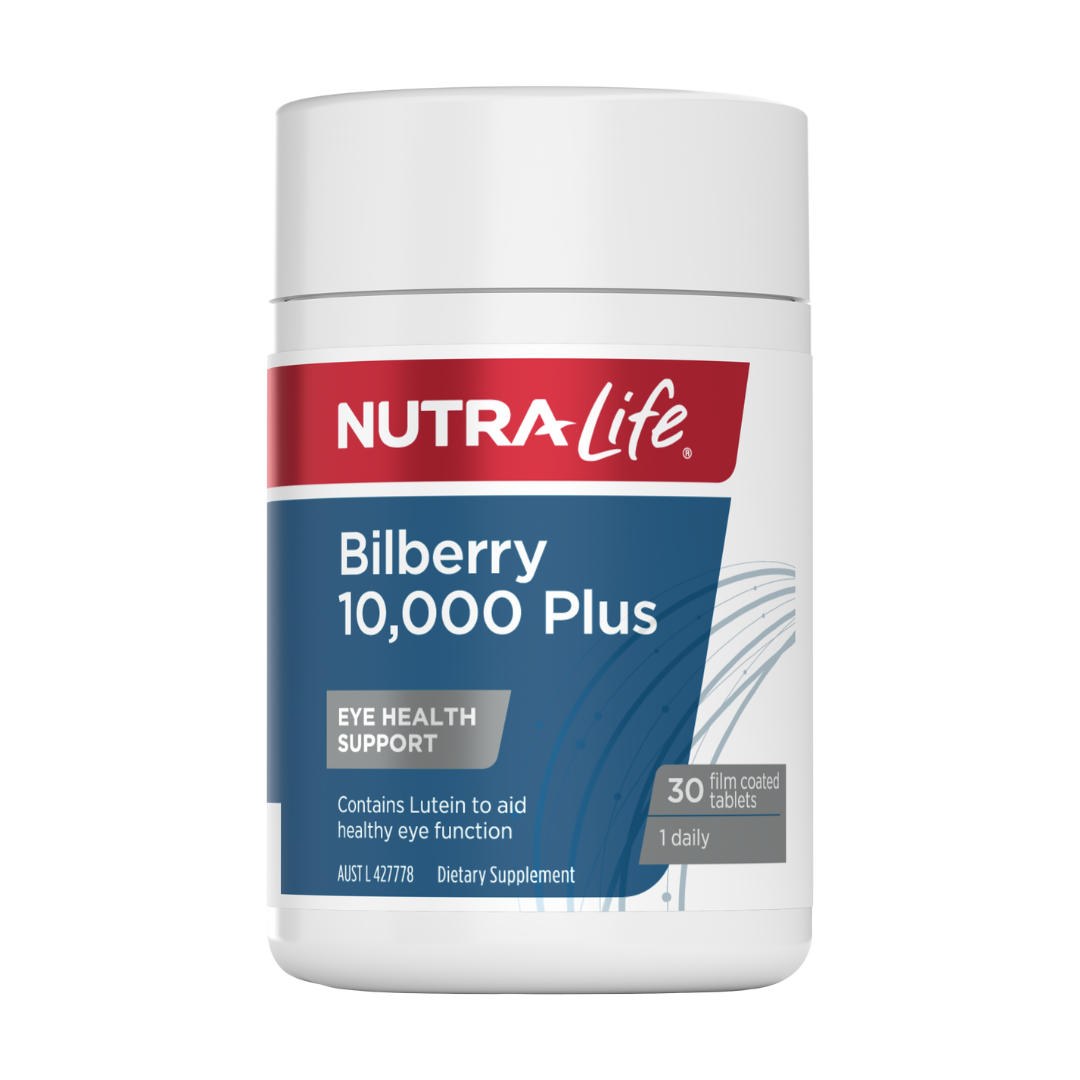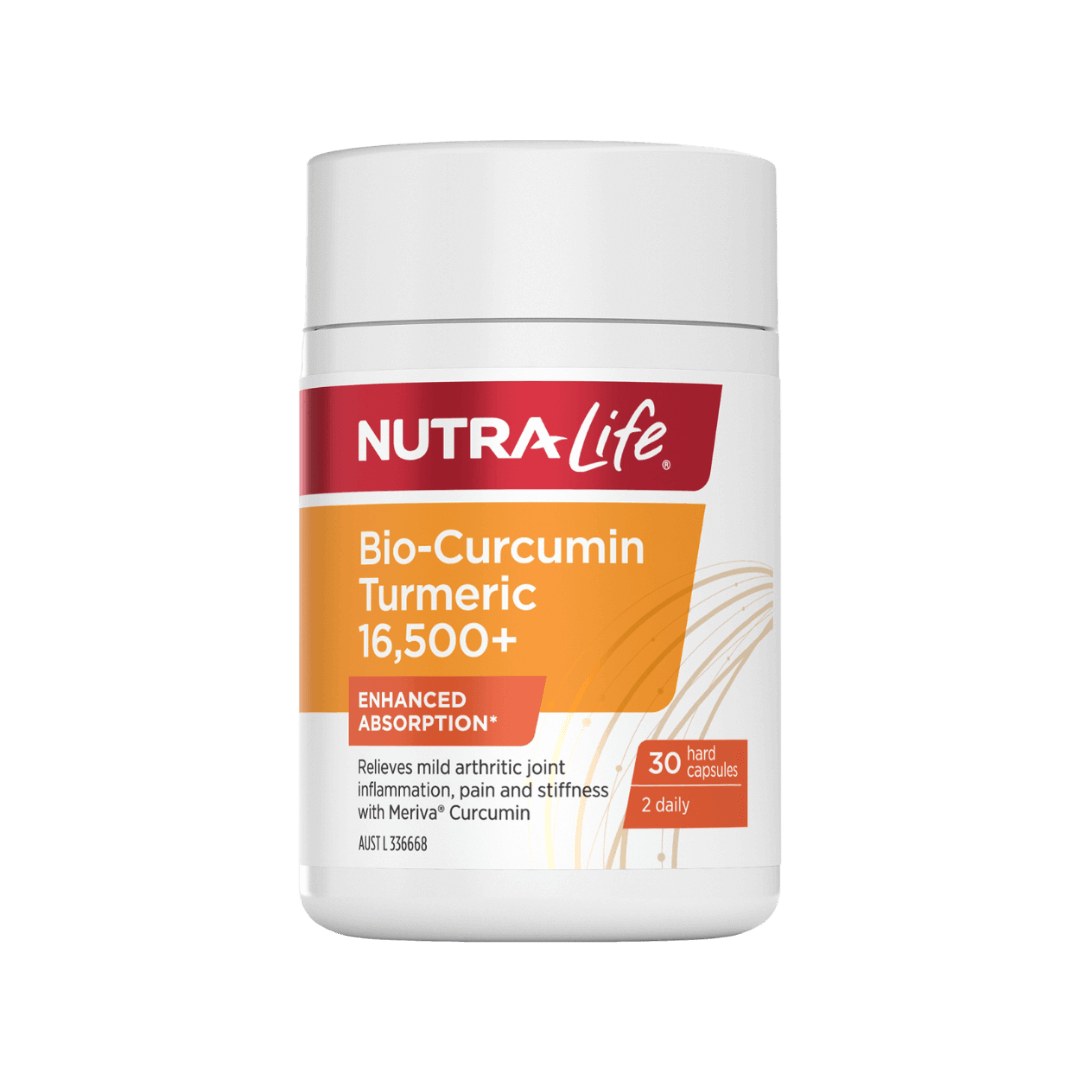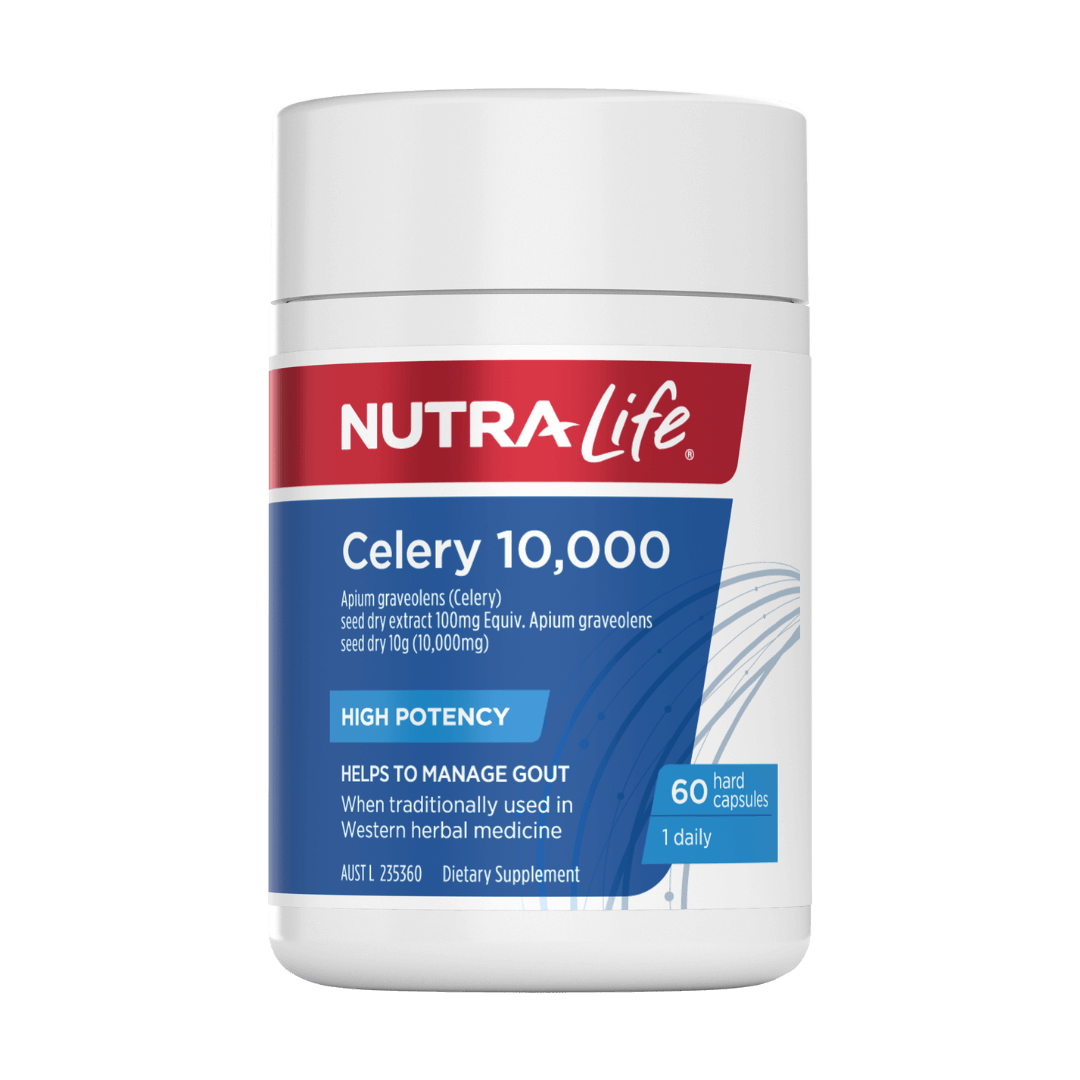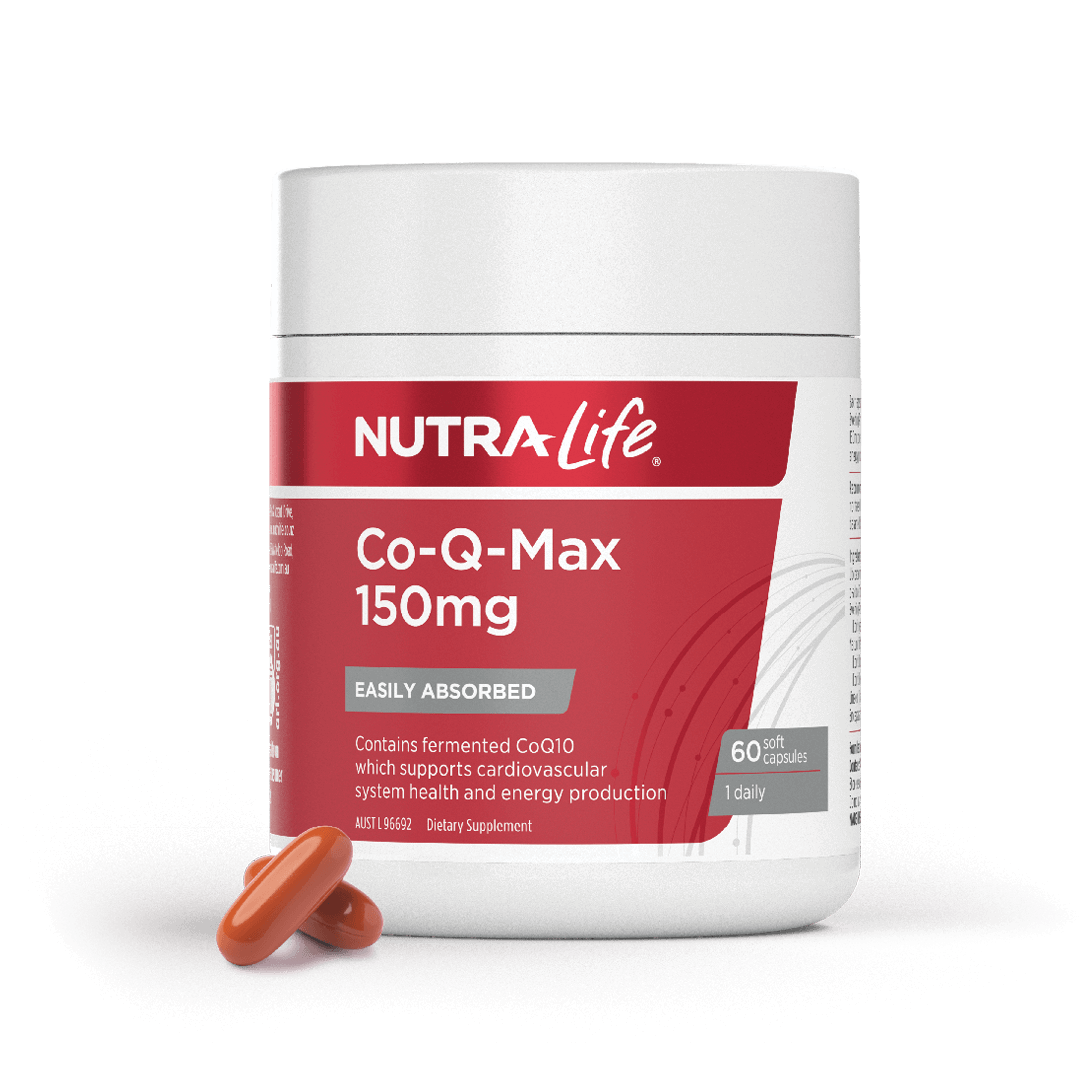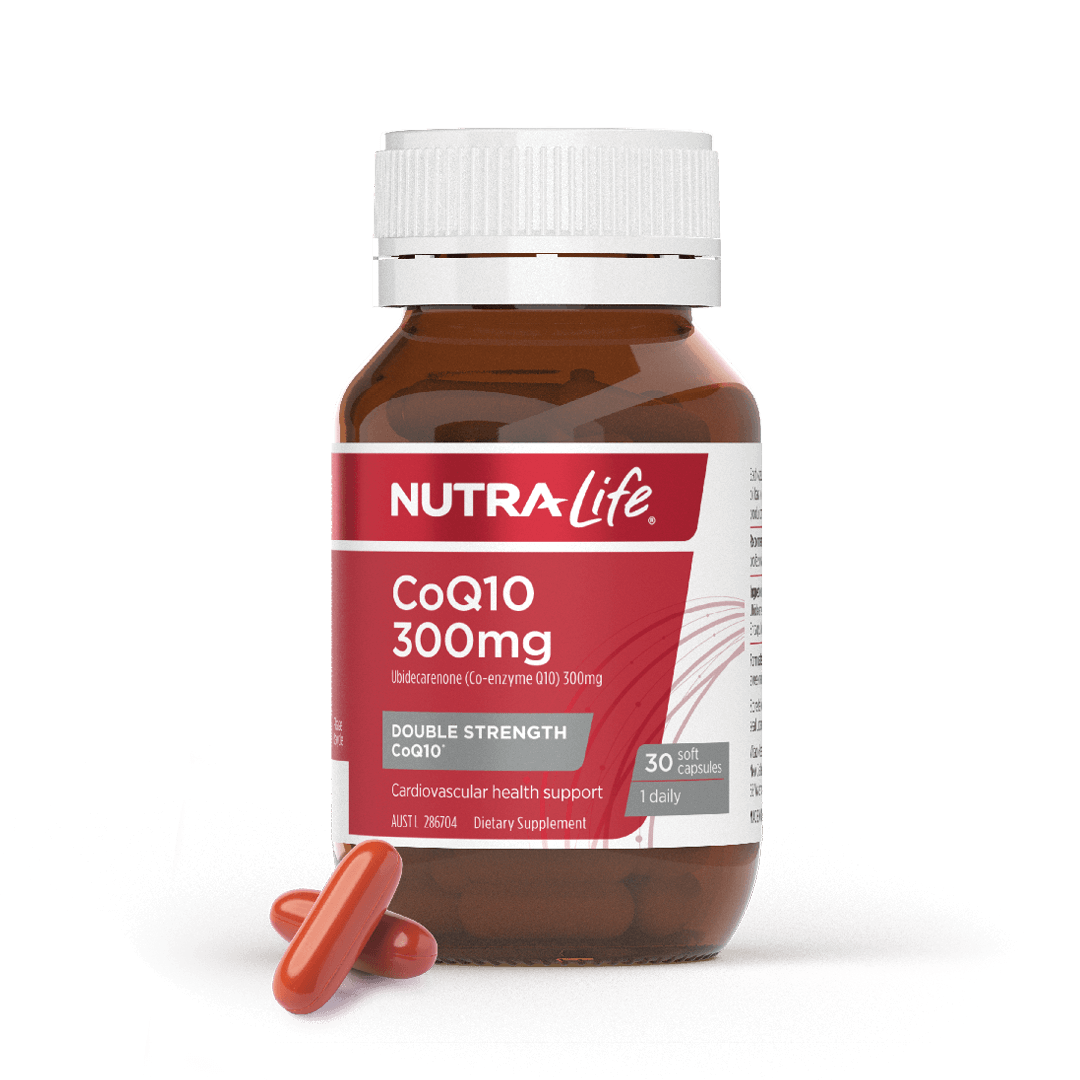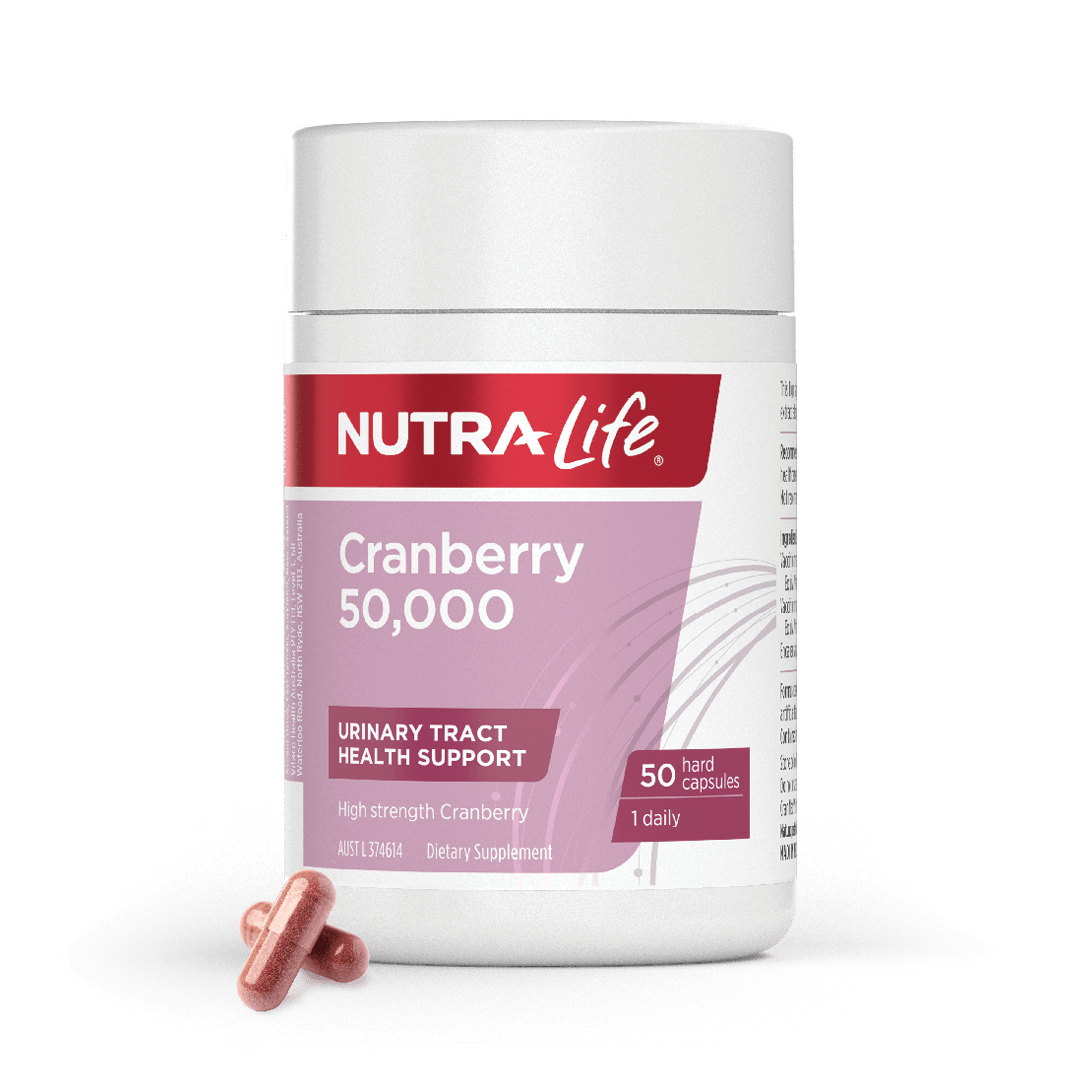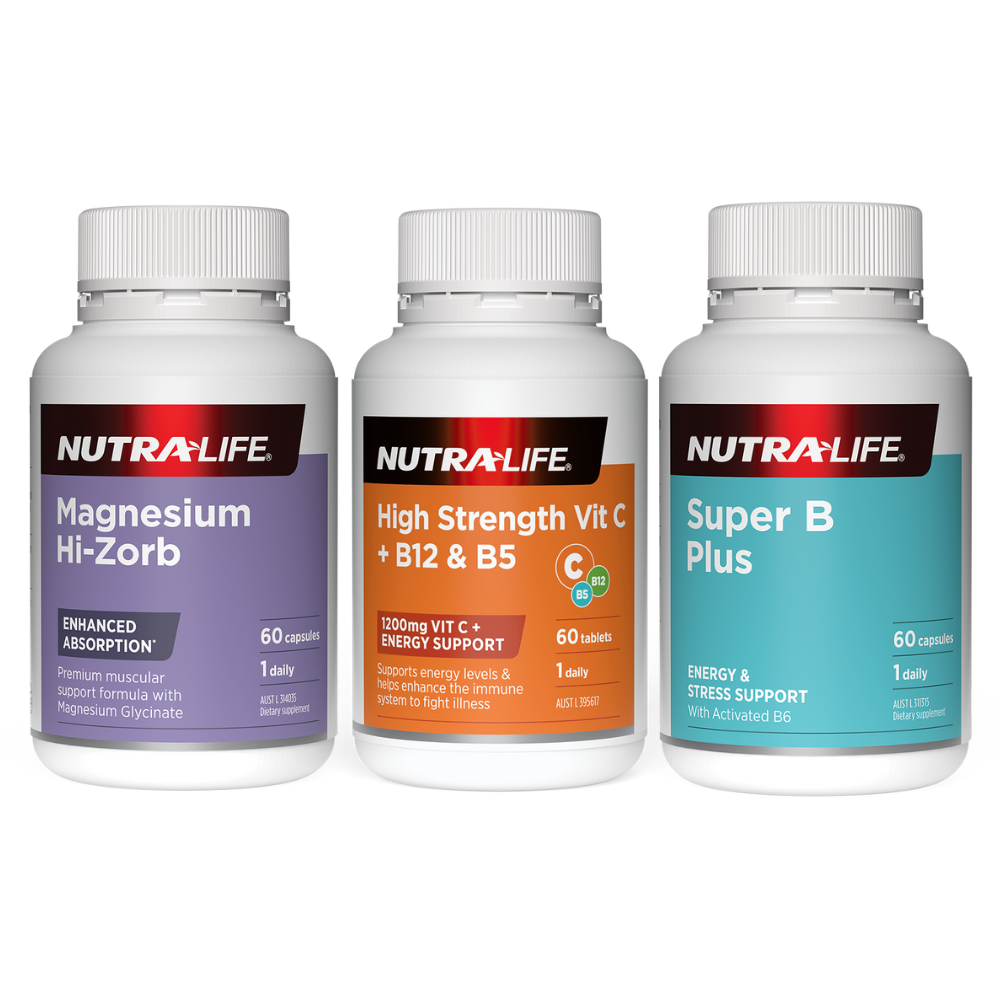Humans have been consuming sources of probiotics for thousands of years in fermented foods and foods high in probiotic activity such as miso, kimchi and kombucha. But what exactly are probiotics? What is the difference between probiotics and prebiotics? And how can we promote their growth and development in our guts?
Probiotics
Probiotics are 'good' bacteria that, when taken in adequate amounts, may help support the balance of the gut microbiota - the tens of trillions of bacteria that are critical to our health and well-being. These bacteria play a key role in digesting the food you eat and also help to absorb and synthesise nutrients [1],[2].
Furthermore, they're involved in other important processes that extend beyond your gut, including your metabolism, body weight, immune regulation, as well as mood [3]. For these reasons and more, the ratio of probiotics in your gut is extremely important [3].
An imbalance between the 'good' and 'bad' bacteria is known as dysbiosis, which may result in symptoms such as gastrointestinal irritation, cramping, bloating, diarrhoea or constipation. Imbalances can come from a myriad of things such as poor diet, stress, ageing, and the use of antibiotics [4].
To help maintain a healthy balance of gut bacteria, you may consider taking probiotics through both food (such as yoghurt, tempeh and sauerkraut) and supplements [5] . Your health professional may help you determine which strains or blends of probiotic supplements may benefit you.
Prebiotics
Prebiotics are made up of carbohydrates that your body can't digest. Unlike probiotics, they don't actually contain bacteria, however, they exist as food for the probiotic bacteria [6]. In other words, they help to grow the 'good' bacteria. Examples of prebiotic foods include cereal grains, vegetables (including asparagus, onions and cabbage), legumes (like chick peas and lentils), fruit (such as bananas and nectarines) and nuts [6].
If you are already taking probiotics to support symptoms of gut disorders, it may be beneficial to add prebiotic supplements to help nourish the 'good' bacteria that are already in your gut [2].
Supplementing with a gut relief powder supplement that contains prebiotics, like Nutra-Life Gut Relief Powder, may help soothe the gut lining and relieve gastrointestinal irritation, based on traditional western herbal medicine.
It may also help maintain healthy digestive function, relieve indigestion, constipation and flatulence, and stimulate the growth of 'good' bacteria in the colon. Always read the label. Follow the directions for use. If symptoms persist, worsen or change unexpectedly, talk to your health professional.
References:
[1] https://www.gutmicrobiotaforhealth.com/en/about-gut-microbiota-info
[2] https://daa.asn.au/voice-of-daa/hot-topics
[3] https://foodandmoodcentre.com.au/what-is-the-gut-microbiome
[4] https://www.healthline.com/health/digestive-health/dysbiosis
[5] https://www.healthline.com/nutrition/probiotics-and-prebiotics#section3
[6] https://www.healthline.com/health/prebiotics-vs-probiotics



